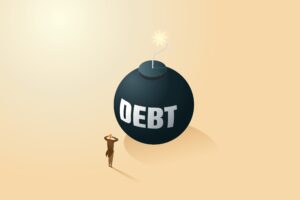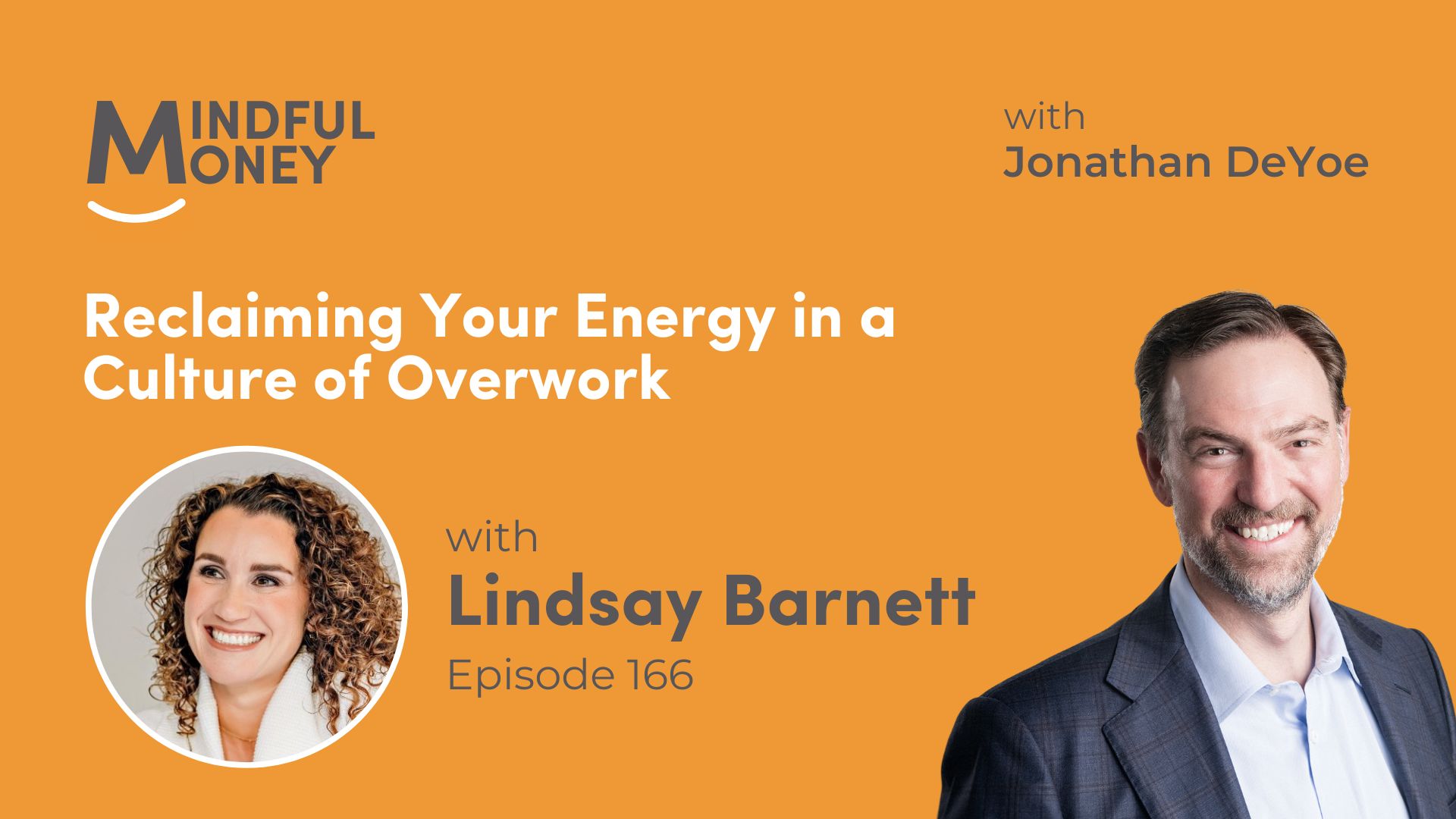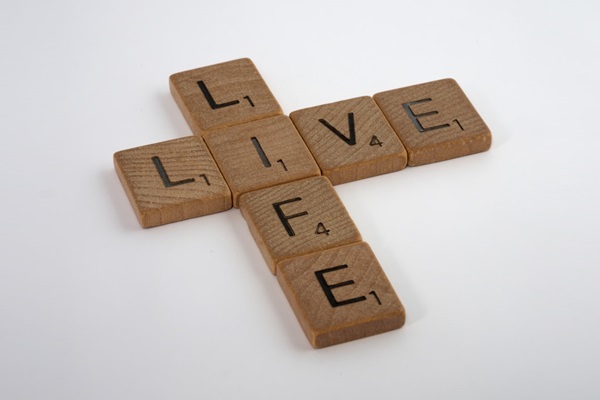Now that the market has recovered all of its Pandemic induced losses and we are standing on the precipice of what everyone is saying is the most important election in our lifetimes, I am beginning to hear questions about whether or not we should “seek more safety” or “get out of the market.”
My response is always one of compassionate humility. I understand the fear, I even share it, but timing the market has been proven not to work more times than I can track. I have never seen a study showing a ratio or indicator that was a reliable predictor of market activity. And, if you look at the election data, you are almost always better off owning equities than not in an election year – no matter what party wins the presidency. We can’t predict or control market outcomes, we shouldn’t try.
And, the zigs and zags of the market aren’t the most important risk at play – now, or ever.
Seth Godin, one of my favorite personalities, speakers, authors, and interpreters of the modern dilemma, wrote a blog post a couple of years ago entitled, Feels Risky.
The final sentence of this short blog post was the following:
“If your compass for forward motion involves avoiding things that feel risky, it pays to get significantly better informed about what actually is risky.”
This, in a nutshell, precisely describes investing for retirement-income.
Investing In The Stock Market Feels Risky
When the stock market goes down, it sometimes goes down hard and fast and many people ‘lose’ a lot of money as they respond by selling.
But it’s equally true that, so far, it has come back up and continued upwards for a time before it falls again. And, it has repeated this cycle over and over putting a long series of higher highs and higher lows together in the process.
While volatility feels risky, it’s entirely a natural market phenomenon and there is no way to avoid it. Yes, it requires patience and discipline… but all you have to do while the volatility is happening is hold on.
It isn’t the volatility, then, that hurts people… it’s the fear that “this time is different.” That this time the market will crash hard and never recover. But remember, this has never happened.
Don’t fear volatility; fear the fear of volatility.
The Biggest Risk To Your Long-Term Wealth Is Inflation
The actual performance of “the stock market” over long periods of time (both in terms of price-performance and rising dividends) has been an excellent place to protect you from what actually is risky – the rising cost of living – which, if we’re honest, looks like it might start rising more quickly here soon.
Fixed-income investing in an inflationary world where your purchasing power is in continuous decline doesn’t feel risky in the same way stock market investing feels risky. But, it IS risky.
If you retired in 1988 (30 years ago) with an income of $40,000, then in 2017 you would need over $80,000 to maintain the exact same lifestyle. If you retired with a fixed income of $40,000, then you will have seen your purchasing power (and therefore your lifestyle) cut in half in the ensuing years… and these were NOT big inflation years.
Retirement income shouldn’t be a fixed monthly amount you use for 20+ years. You must hedge against inflation now and always. (I’m not saying this to scare you, but to point out that you need to start planning for retirement now while you still have enough time to control the outcome.)
Calculate How Much Inflation Will Affect You In Your Lifetime
The longer you live, the more inflation matters because the price of goods and services will never stop rising. It’s a simple fact of life. If you’re in your 20s today, something that costs $10,000 will cost $25,000 by the time you retire and $62,500 when you die under “normal” inflation (average CPI).
When you create your financial plan and set your goals, account for inflation. If you plan on buying a house in 5 years, calculate how much extra you’ll need to save after inflation. Assuming a 3% rate, a house that costs $500,000 in 2020 will cost $579,637 in 2025.
The same goes for retirement. You should first consider how much inflation will continue to rise between now and when we retire. Then, you must calculate how much more inflation will go up between the day you retire in the day you die.
If you don’t gauge inflation now, you’ll be blindsided when the cost of living is much higher than your plan accounted for.
Real Returns Vs. Nominal Returns
When the stock market feels risky, you may think keeping your money in a savings account is your best bet – but this is a surefire way to lose the battle against inflation. Why? Because these accounts were designed to match the rate of inflation in a best-case scenario.
The national average for a savings account today is 0.9%, although there are some banks out there offering rates closer to 2%. While these rates are higher than they’ve been in the past decade, they’re still too low to outpace an average 2.5% to 3% inflation rate.
So, while you may think earning 2% APY in a savings account is the way to go, these are actually nominal returns. They’re not real. You’re gaining money on paper, but you’re losing purchasing power in reality.
If you go this route, you’ll find yourself in the same situation as the retiree mentioned above… 30 years will pass and you’re purchasing power will be cut in half because you didn’t hedge against inflation.
The only way to earn real returns is through the stock market. It’s the only investment vehicle that’s been known to average 8% to 10% returns annually.
Summary
Once you realize that losing money in the stock market isn’t a real risk, then you can begin to generate long-lasting wealth. We all need retirement income that will keep pace with our rising cost of living and last as long as we last.
If we endeavor, as Seth Godin suggests, to get “significantly better informed about what actually is risky,” we must face inflation.
To learn more about how you can create an investment strategy that outpaces inflation without causing you to lose sleep at night, check out my book: Mindful Money: Simple Practices for Reaching Your Financial Goals and Increasing Your Happiness Dividend.





